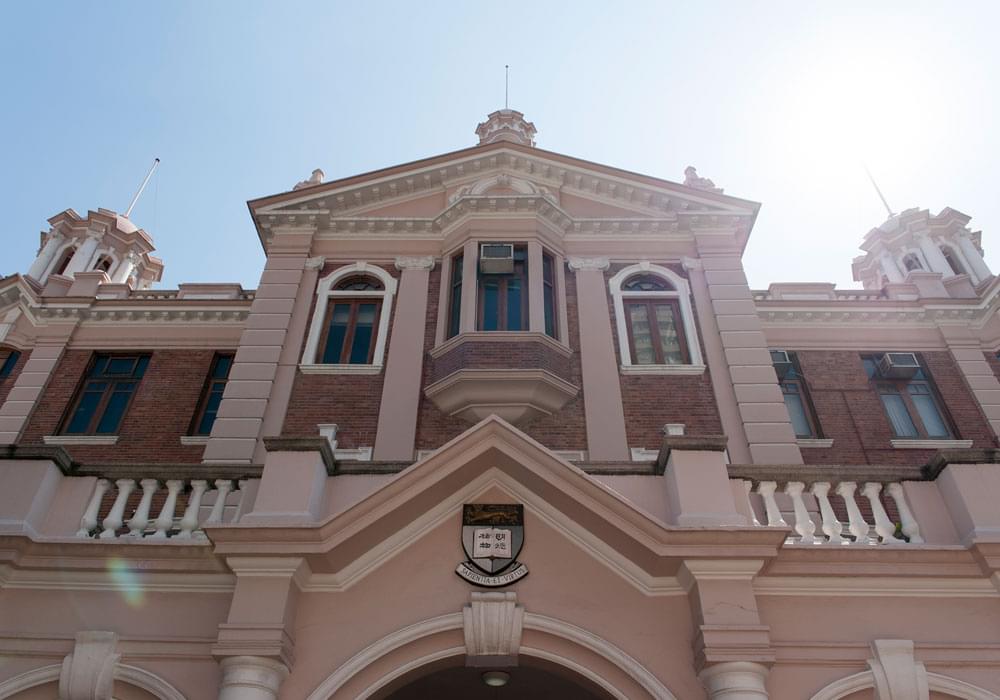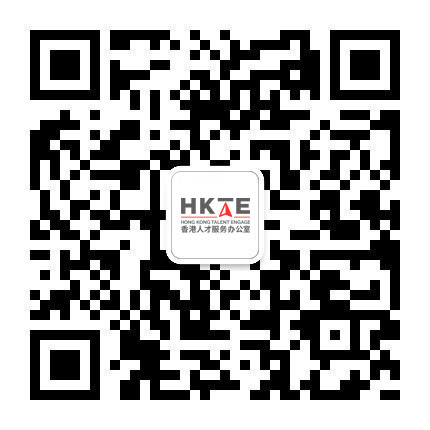
The Lowdown on Hong Kong’s Education System
- 06 Jul 2023
- Education
If you're relocating to Hong Kong with children, you're likely to have plenty of questions about the education system and the options available for your family. Known for its rich cultural diversity, Hong Kong is a popular destination for international students who seek high-quality education. In fact, in 2018, Hong Kong ranked fourth globally for both reading and math; and ranked ninth for science proficiency in the Programme for International Student Assessment (PISA), a triennial survey of 15-year-olds conducted by the Organisation for Economic Cooperation and Development (OECD).
It’s essential to understand the education system to ensure your children adapt to the local study environment smoothly. In a nutshell, the well-rounded education system in Hong Kong is designed in a 12-year structure, with 6 years of primary education, 3 years of junior secondary education, and 3 years of senior secondary education. Along with full subvention for full-time courses run by the Vocational Training Council for Secondary 3 leavers, offering an alternative free avenue for senior secondary students outside mainstream education. Upon completion of this six-year secondary education, local students will take the Hong Kong Diploma of Secondary Education Examination (HKDSE) and join the scheme of Joint University Programmes Admissions System (JUPAS) for local university admission.
Hong Kong's education system is not only highly competitive, but also developing students with soft skills, like critical thinking, problem-solving, and communication skills. If your child or children have started their education in Mainland China, you may be curious about the contrasts between education in these places. In Mainland China, all citizens must complete 9 years of compulsory education, which includes 6 years of primary school and 3 years of junior high. After graduating from junior high, students take a high school entrance exam to be admitted into a 3-year high school program for a National College Entrance Examination to gain admission to their desired university.
Within Hong Kong’s highly regarded education system, parents have a wide range of educational options to choose from, including government and aided schools, direct-subsidy scheme (DSS) schools, private schools and international schools. Families can choose a school that best suits their needs and preferences.
- Government and Aided Schools in Hong Kong are generally government-funded. They follow the Hong Kong curriculum and offer free education for local students. While some public schools in Hong Kong use English as the main medium of instruction, they generally have a stronger emphasis on Chinese language education. Public schools can be a good choice for students who want to learn Cantonese or improve their Chinese language skills, as well as for families who are looking for an affordable school option. However, public schools tend to have less diversity in terms of student population, as they are primarily attended by local students.
- DSS Schools in Hong Kong are a type of government-subsidised schools where the government provides subsidies based on student enrollment, but they are also allowed to charge tuition fees. DDS schools offer students a more flexible curriculum, providing wider extracurricular activities and resources. On the plus side, non-local students will have more opportunities to interact with local students and immerse themselves in the local culture. However, they are more expensive than public schools and the curriculum may be more challenging for non-native speakers of Cantonese or Mandarin.
- Private schools’ classes, on the other hand, provide more flexibility in terms of language and curriculum. Classes are bilingual, which can be a good option for students who want to learn English or other languages. Meanwhile, some schools follow Hong Kong’s curriculum, while others offer international curriculums such as the IB, GCSE, SAT. allowing students to explore a wider range of subjects and interests.
- International schools in Hong Kong are popular among expatriate families, as they offer education in English and follow international curriculums, such as the International Baccalaureate (IB), British curriculum (GCSE), or American curriculum (SAT). However, these schools are comparatively more expensive than public and private schools, but they offer a diverse student body and a multicultural learning environment.
.jpg)
Choosing the right school for your children is an important decision that can have long-lasting effects on their academic and personal development. Initially, you can commence your research by exploring primary, and secondary schools via the website of The Education Commission’s Committee on Home-School Co-operation and international schools via the EdCity website.
Once you have identified a suitable school, you will need to navigate the application procedures. The process is relatively straightforward, you can apply for public schools via the School Places Allocation Systems, which is administered by the Education Bureau. Under the system, the whole territory is divided into a number of school nets. You are required to indicate in the Application Form the school net in which you reside for the central allocation of school places. You may make reference to this information leaflet for the details of the allocation systems.
Private schools and international schools are excluded from the System while only some DSS secondary schools join the system. If you wish to send your children to these schools, you may apply directly to the schools. Usually, you’ll need to submit your application with supporting documents, like student transcripts, recommendation letters, evidence of language proficiency and certificates of qualification etc. Some schools may additionally require proof of family financial status and residency before they can process your application. If your kids have been studying in junior or senior secondary classes in the Mainland, schools will conduct interviews to assess which class your kids should be in before making the placement arrangement.
For children arriving in Hong Kong after the commencement of the school term, parents can bring along their child along with their documents to register with the Regional Education Offices or directly approach targeted schools for interim admission. Children may additionally need to prepare for entrance exams or interviews, or submit application materials, so make sure to check ahead with the school first.
After you have completed all the necessary paperwork and your child's application has been accepted, it's important to allow some time for adjustment as you and your child adapt to the Hong Kong education system. If your child is struggling with certain subjects, you may want to consider additional language lessons or extracurricular activities to help them meet new friends and develop new interests. This could include physical activities like sports or creative pursuits like art or drama classes. Keep in mind that adjusting to a new environment and culture can take time, so be open to invitations from new friends and encourage your child to have fun outside of the classroom.
Recent posts
-

The Lowdown on Hong Kong’s Education System
- 06 Jul 2023
- Education
-

Getting the Work-Life Balance Right
- 03 Jul 2023
- Healthcare & Welfare
-

Taxation in Hong Kong and Your Home Place
- 03 Jul 2023
- Living & Tax
-

The Essentials for a Smooth Relocation to Hong Kong
- 26 Jun 2023
- Living & Tax
-

Steps to Find Suitable Housing
- 26 Jun 2023
- Living & Tax
-

Planning for Healthcare Needs
- 26 Jun 2023
- Healthcare & Welfare
-

Securing employment opportunities in Hong Kong
- 24 Apr 2023
- Living & Tax
-

Navigating the Local Higher Education System
- 21 Apr 2023
- Education
-

Job Opportunities
- 27 Jan 2023
- Living & Tax
-

World-class Tertiary Education
- 27 Jan 2023
- Education

